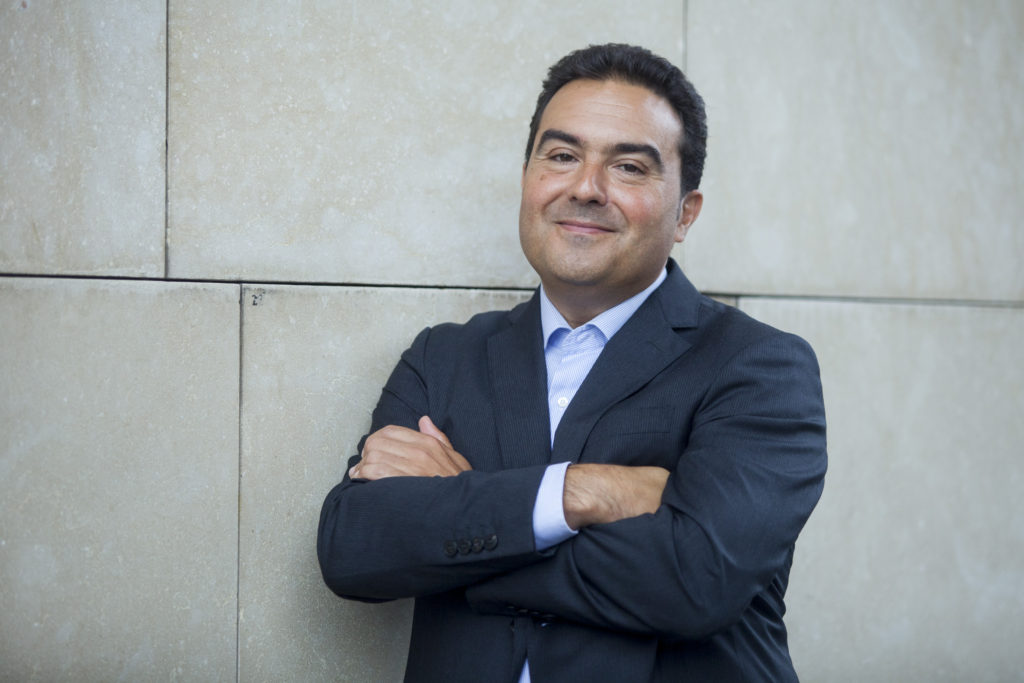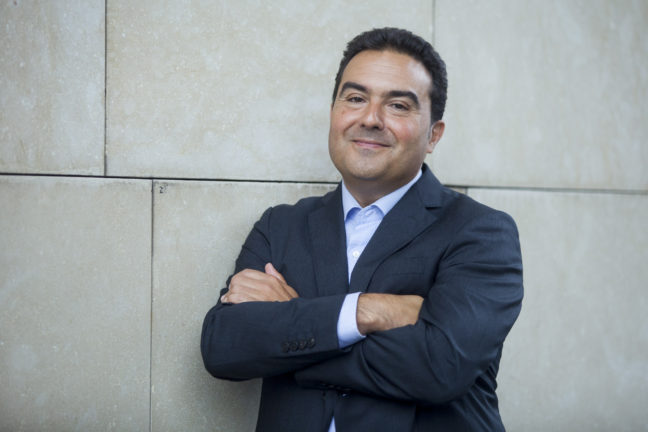TTR DealMaker Q&A with IMAP Albia Capital Partner Alejandro Azcona

Alejandro Azcona – IMAP Albia Capital: Graduate in Economic and Business Sciences, specialising in finance, CIA from the IIA, Florida. He started his career at ARTHUR ANDERSEN and then he joined the IBERDROLA GROUP. In 2004, as a result of his enterpreneurial spirit, he founded IMAP – Albia Capital and since then, he has executed more than 25 sell-side, buy-side or capital raising projects and has participated in 30 Valuation, Restructuring, Refinancing and Feasibility Plans, especially in energy and renewable energy, manufacturing, automotive, food and wine, services and Private Equity.
TTR – How would you describe the current situation of the Spanish M&A market? Have we already overcome the uncertainty caused by the COVID-19 health crisis?
A. A. – The M&A market is currently going through a period of adjustment to the new situation that has arisen as a consequence of the health emergency that we have all had to live through.
Certain sectors that have emerged stronger out of this crisis, or that have been less affected by it, such as technology, healthcare, or food, remain active in M&A terms, their market and profitability have grown, and their corporate dynamics are in some cases even better than before.
In other sectors, the ongoing uncertainty that still remains regarding the size of the residual market that businesses will have left makes standard M&A transactions difficult, although we believe that this will be an incentive for business-consolidation transactions in the medium term.
TTR – Is there investor appetite in the market at the moment? Would you say market opportunities have arisen from the standstill caused by COVID-19?
A. A. – Yes, there is an appetite for investment and there is liquidity in the market, although positions have changed compared to just before the crisis.
The risk inherent to the current situation has significantly increased, and this means that the judgments made by buyers are more conservative, but likewise sellers are also more sensitive to the risk-exposure of their businesses, both because of what we have been through and because of the uncertainty in the short to medium term.
This context gives rise to interesting investment opportunities, and as we were saying earlier, there is a clear opportunity to boost sectoral consolidations that improve the competitiveness of the business fabric while at the same time generating attractive and profitable projects.
TTR – Is it a good moment in terms of access to financing?
A. A. – The promotion by various government bodies of a range of different instruments to ensure that businesses can retain liquidity, with guarantees of different kinds for lending institutions, has given rise to a period when it has been relatively simple to secure long-term financing under favourable conditions.
The lesson we learned during the 2008 – 2012 period has meant that the majority of businesses are building up liquidity that will allow them to face the short-term with greater security.
The situation may change in the coming months, when the government-backed instruments start to taper away and the balance sheets and trading accounts of the financial institutions start to feel the impact of the crisis. When this happens, it is quite likely that credit will dry up significantly, and as such this is clearly the time to access borrowing.
TTR – Which regulatory measures do you think would help the Spanish M&A market recover more quickly?
A. A. – In order for the M&A market to recover more quickly, the most important thing is for businesses to recover quickly, for the outlook to be good, and for them to have investment capacity and the ambition to grow and develop. Therefore, all regulatory aspects that support the flexibility of business costs in order to adapt to the new market and support the recovery and the improvement of business prospects will make a significant contribution to boosting M&A.
TTR – How do you expect the M&A market to behave in 2H20 and in 2021?
A. A. – For the remainder of 2020 we are expecting – and are indeed already seeing – an active market in technology-related transactions, both in development projects and in the acquisition of technology by large corporations and in markets that have been winners in the situation we have endured. We are also expecting a volume of opportunistic transactions borne out of the uncertainty, as well as consolidation processes by competitors within the same sector. For 2021 we are expecting an overall economic recovery, which for those companies that have adapted well to the new situation will improve their prospects and their profitability, and will lead to a progressive normalization of the market and of M&A transaction
